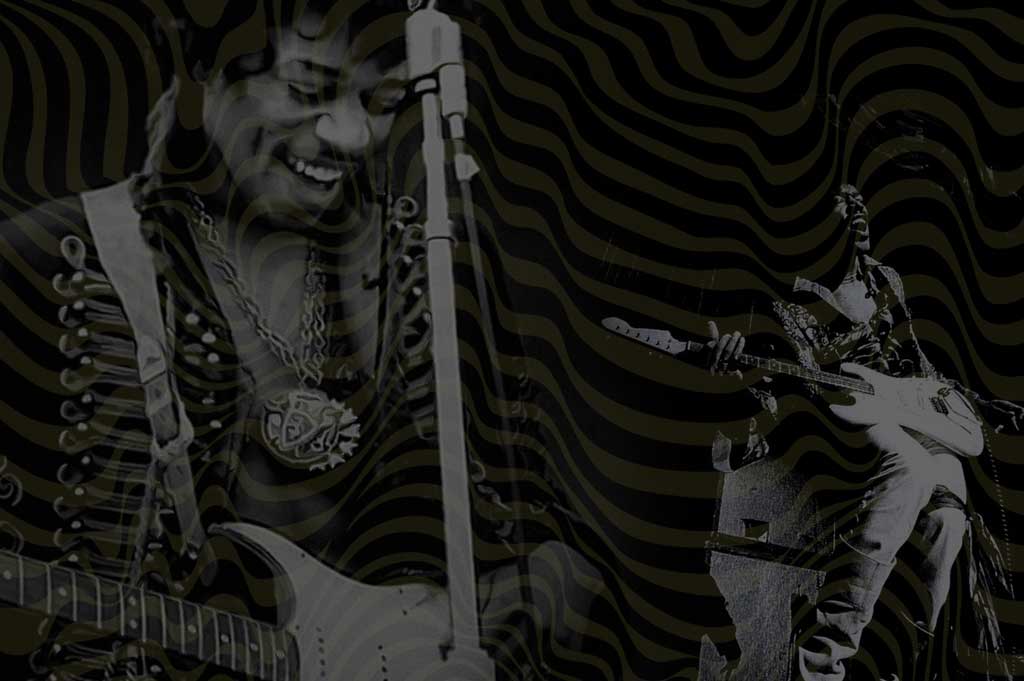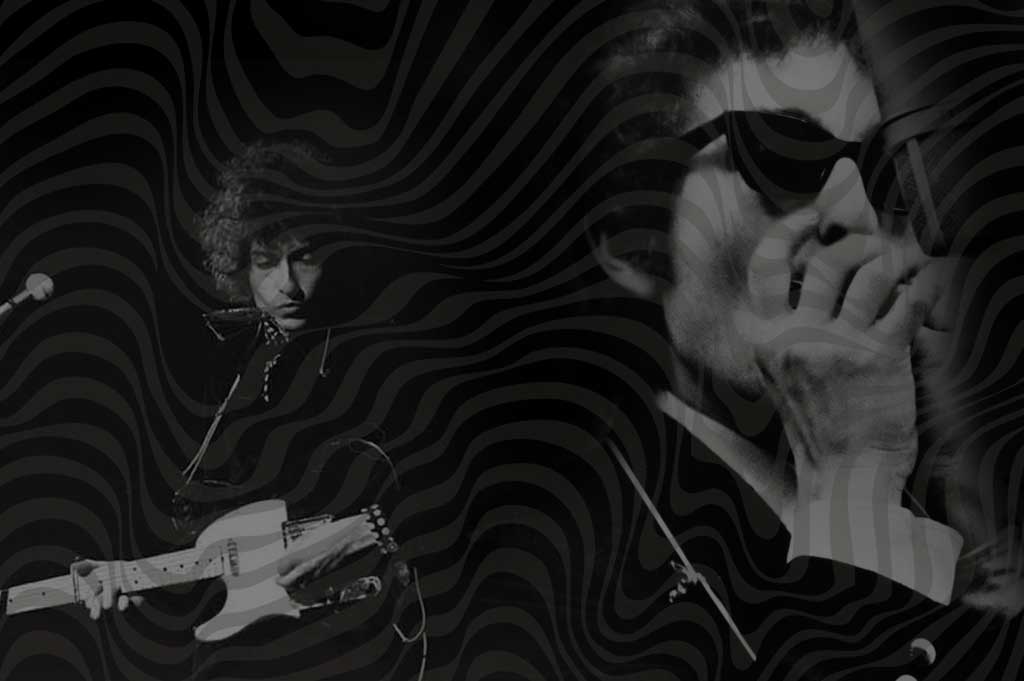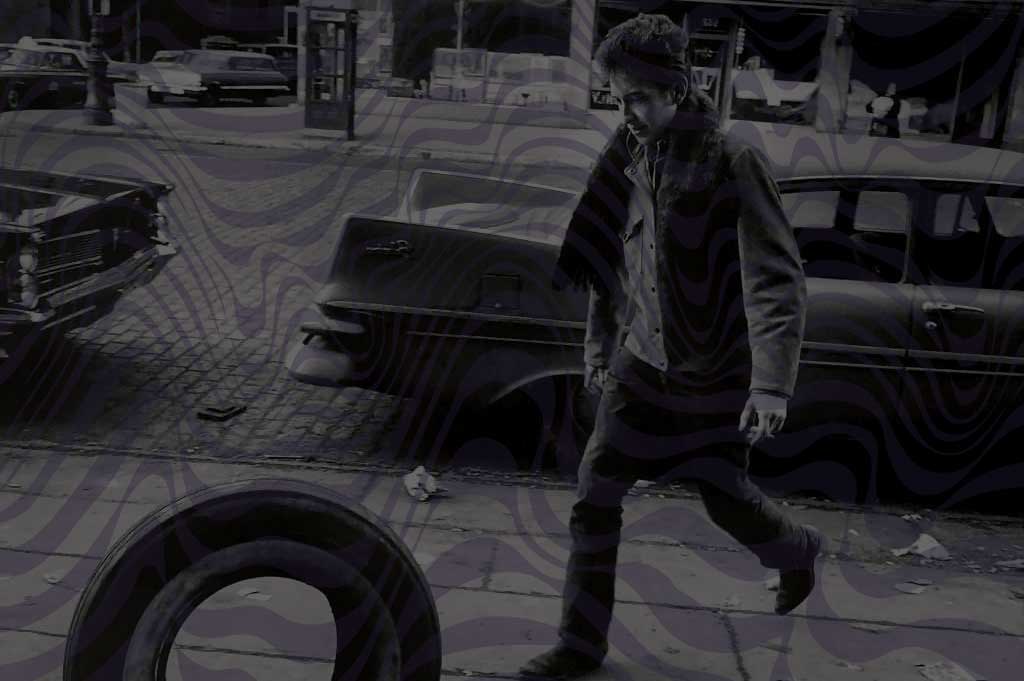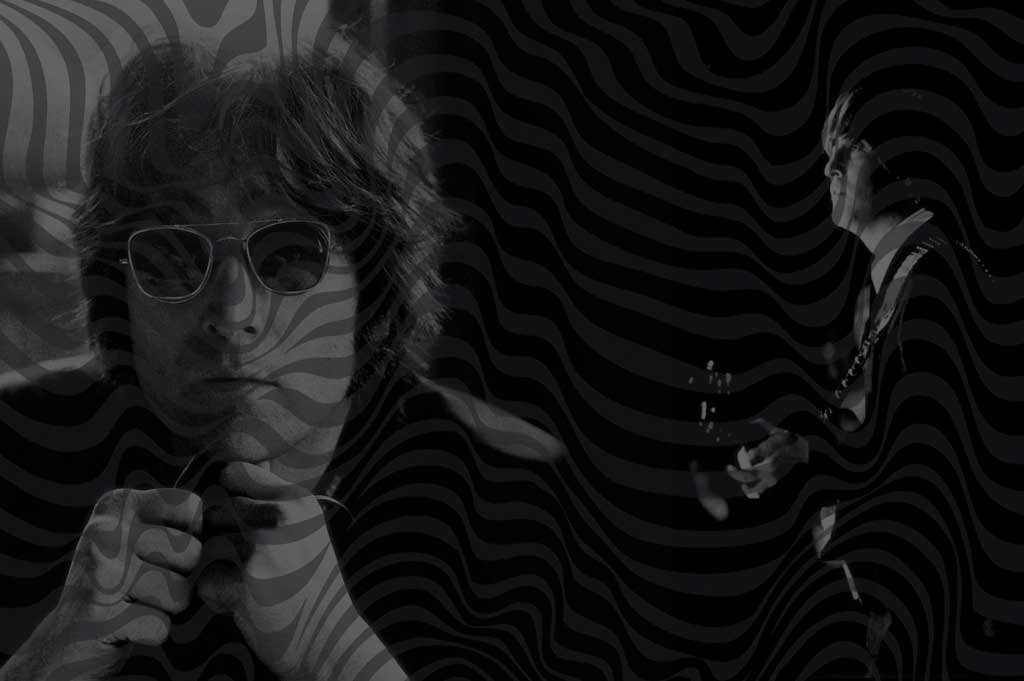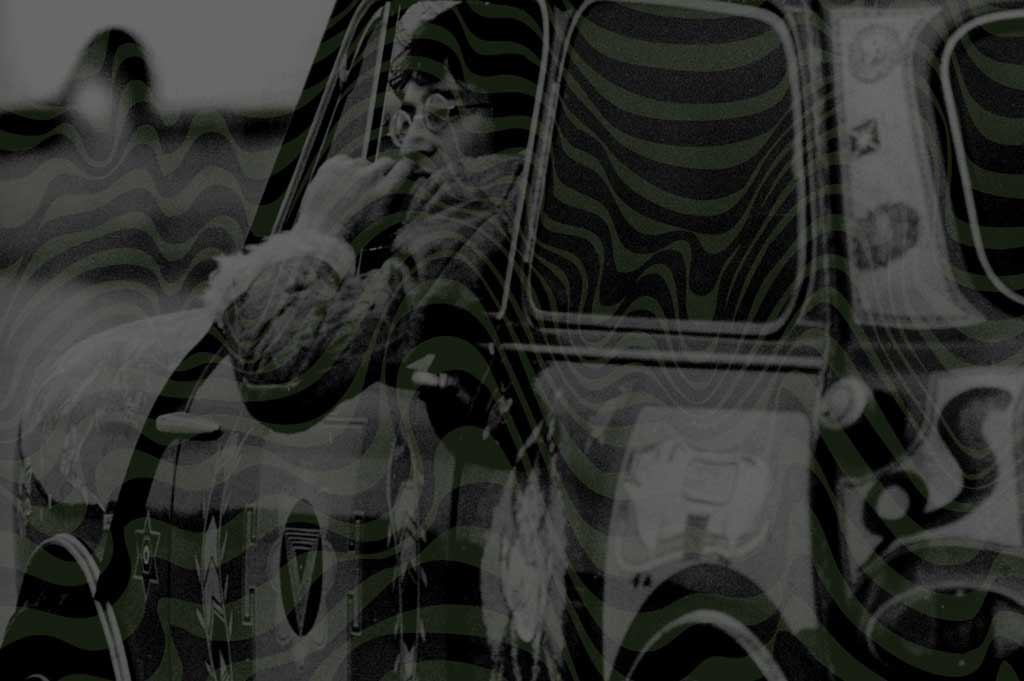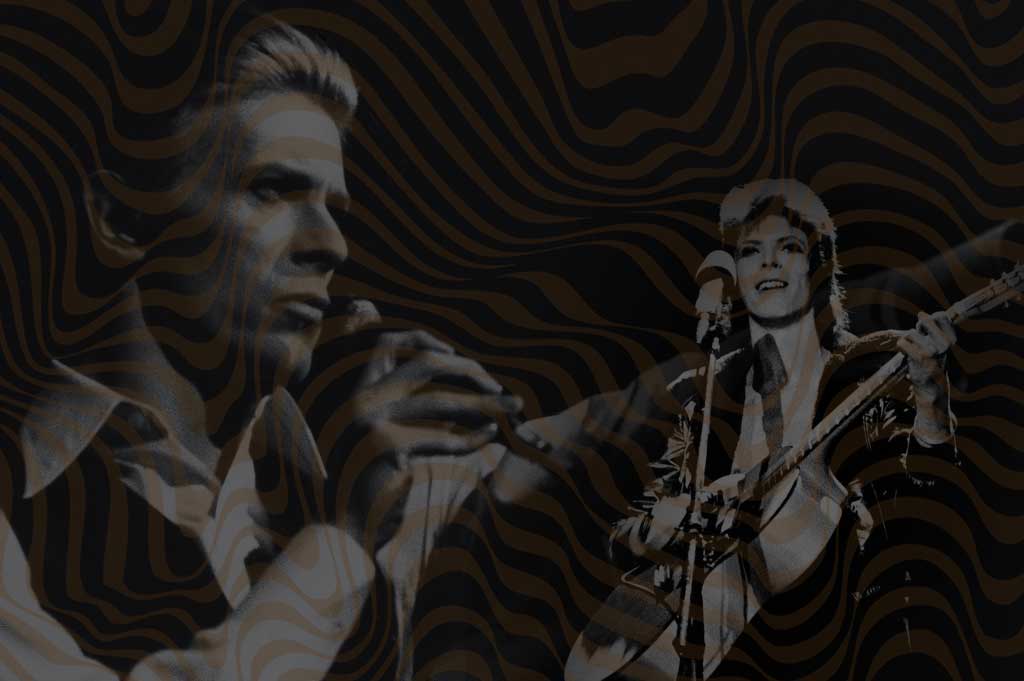While conducting research for my documentary, I’m frequently asked about the difference between priests and shamans. While the shaman plays a priest-like role, there are differences between the two.
For some context, let me begin by stating that many scholars have theorized that all of the major world religions have shamanism at their very foundation. Whether the founder was Abraham, Moses, Jesus, Muhammad, the Buddha, et al. . .
These religions grew out of attempts to describe, depict, and explain the supernatural experiences of their founders – who were, by any standard, shamans of the highest order.[ref]Graham Hancock, Supernatural: Meetings with the Ancient Teachers of Mankind, (San Francisco: Disinformation Books, 2007), 309.[/ref]
And, as the anthropologist Weston La Barre asserted:
All our knowledge of the supernatural derives de facto from the statements made by religious visionaries and ecstatics (i.e. prophets and shamans) – the Priests only administrate the ecclesia established on this supernatural basis.[ref]Weston La Barre, “Hallucinogens and the Shamanic Origins of Religion“ in Peter Furst (Ed.), Flesh of the Gods: The Ritual Use of Hallucinogens, (New York: Praeger Publishers, 1972), 2611.[/ref]
A further review of the anthropological literature indicates that while some overlap may occur as to what constitutes a shaman versus a priest – shamans primarily obtain their powers from direct contact with spirits – and priests earn their credentials through special training associated with their particular religion. [ref]Gerald Weiss, “Shamanism and Priesthood in the Light of the Campa Ayahuasca Ceremony” in Hallucinogens and Shamanism, edited by Michael J. Harner, (Oxford: Oxford University Press, 1973).[/ref]
As Joseph Campbell describes:
The priest is the socially initiated, ceremonially inducted member of a recognized religious organization, where he holds a certain rank and functions as the tenant of an office that was held by others before him, while the shaman is the one who, as a consequence of a personal psychological crisis, has gained a certain power of his own.[ref]Joseph Campbell, The Masks of God: Primitive Mythology, (London: Penquin Compass, 1969), 231.[/ref]
Bottom line, shamans have the direct experience and priests are part of the religious bureaucracy . . . in most cases.


